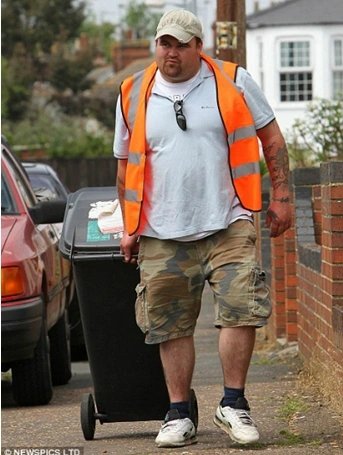
Before the pandemic hit, Nester rarely saw patients die.
A couple is being treated in the intensive care unit, the eldest daughter with Covid-19 is in Nester’s department.
Nester couldn’t express his feelings.
She tried to hide her fear, focusing on caring for and comforting Covid-19 patients.
Nester shares: `Try to overcome the barriers and show with your eyes that you are here, will not leave, and take care of them. But deep inside, you are scared because of the risk of getting sick or being homeless.
The pain of seeing patients continuously pass away made the mood of many doctors freeze.
The Covid-19 wave first broke out in New York in April. Jane Kim, 39, an emergency physician at a Brooklyn hospital, was caught up in the work of treating seriously ill patients.
After just a few weeks, four of her close colleagues passed away.
Since then, Kim’s spiritual life has relied on friends, family and psychotherapy.
The Covid-19 pandemic weakened and then flared up again, causing a big impact on people like Kim.
In the UK, more than 40% of doctors are experiencing mental health problems, according to figures from a survey by the Medical Association in October.
Medical staff take care of Covid-19 patients at a hospital in Libourne, southwestern France on November 6.
The World Health Organization has published research on the impact of the pandemic on mental health, highlighting health care workers as vulnerable.
Too many burned out doctors can lead to deficiencies in patient care and not taking advantage of new treatment regimens.
Like other health care workers, Pavwoski is frustrated that many people are not trying to help prevent the virus from spreading.
Nursing staff are also under stress and panic when seeing the number of infections increasing again.
Cynda Rushton, a nurse and bioethicist at Johns Hopkins University in Baltimore, said that nurses are the people who spend the most time with patients, and patients with nCoV are often extremely scared and alone.
Rushton said: `Nurses become a source of encouragement, care, and comfort for patients when relatives cannot be with the patient. Nurses have to witness the piling up of suffering and death. That is truly overwhelming.`
According to research published in the journal General Hospital Psychiatry in September, at one hospital in New York, 64% of nurses had acute burnout, 53% showed signs of depression, and 40% had anxiety.

Researchers warn that the safety and mental health of nurses providing care during the Covid-19 pandemic need to come first, avoiding injury and leaving work after the crisis.
`Perhaps the biggest cause of burnout is unintentional moral injury,` says Dr. Wendy Dean, co-founder of the health care nonprofit Moral Injury of Health based in Carlisle, Pennsylvania.
During the summer, when cases decreased, nurses received mental health care, Dean said.






